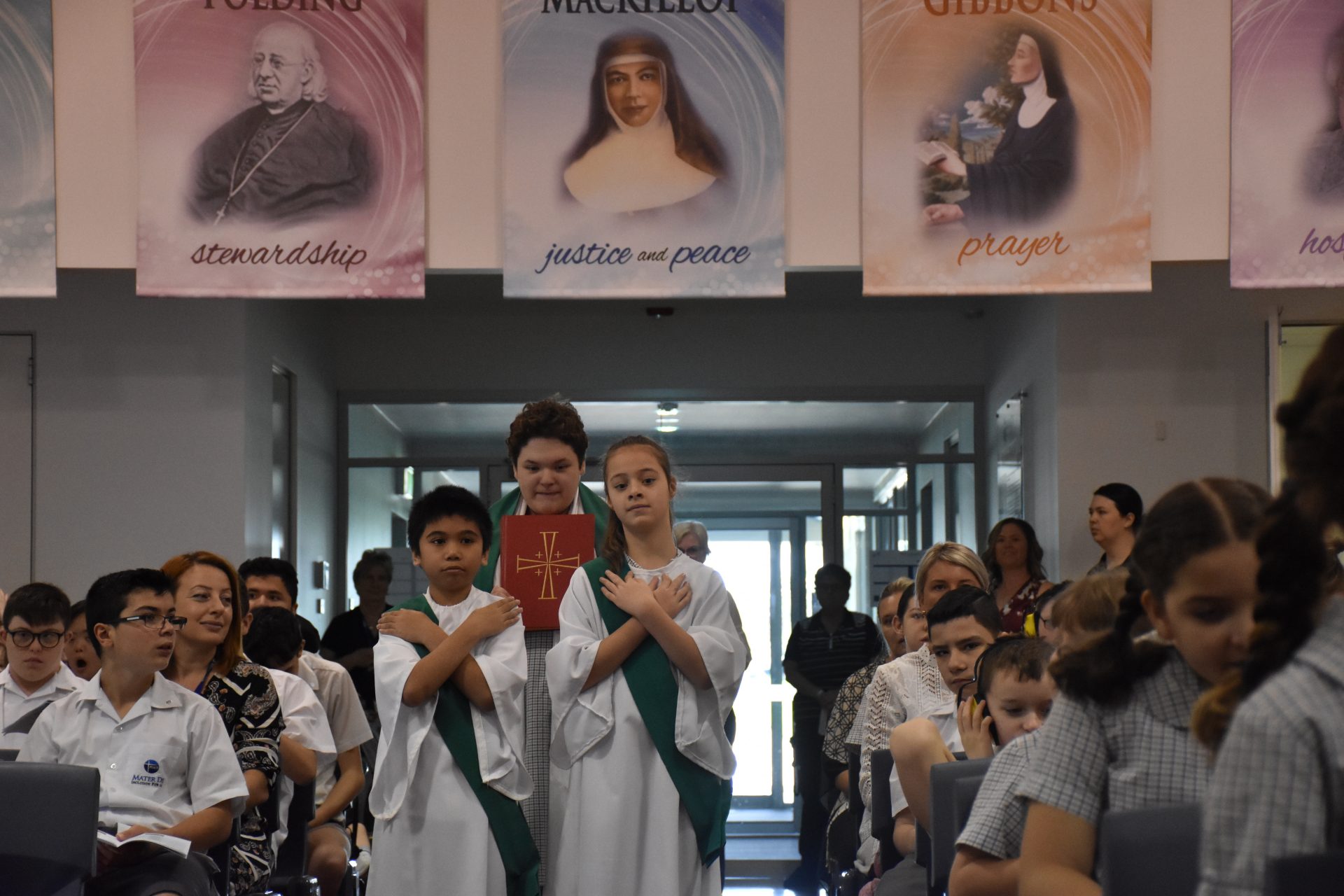
Our Charism

Charism is a pure gift of God, freely given to members of the Christian community to enable them to live the gospel of Jesus in a particular way that brings faith, life and culture into harmony.
Benedictine spirituality is such a gift, having grown from the charism and insight of the 6th century monk, St Benedict, into a rich and wise tradition which inspired the Sisters of the Good Samaritan and continues to enliven all members of Good Samaritan Education in their service of the Gospel.
Centred on Jesus Christ,
the charism of Good Samaritan Education is to seek God together.
We believe that it is through commitment to each other,
in communio,
that we go to God (Rule of Benedict, 72:12),
our hearts overflowing with the inexpressible delight of love
(RB Prologue 49).
Enriched and inspired by
the Parable of the Good Samaritan (Luke 10: 25-37)
the Rule of Benedict
and the Sisters of the Good Samaritan,
the mission of Good Samaritan Education
is to sustain and nurture communities of learning
in the Catholic tradition.

Good Samaritan Education draws inspiration and guidance from the Rule of St Benedict, a wisdom text from the 6th century which provides universal and fundamental insights into human life and community. Adaptable and realistic in its understanding of who people are, and who they can become, Benedict’s Rule offers a timeless spirituality, illuminated by the face of Christ and grounded in the scriptures, particularly the Gospel.
Benedictine spirituality serves as a guide for communal living of the Gospel in a socially responsible way and as a pathway for personal spiritual development. It is a source of transformation for a humanity that continues to question its purpose and identity in the midst of life’s struggle to live together with dignity and in peace and unity. It calls for connectedness and emphasises an attitude of heart and mind required to meet the challenges that we face daily in responding to stewardship, relationships, authority, community, balance, work, simplicity, prayer, and the human condition. Essentially, it shows us a way of life that connects us with God, with others and with our inmost selves.
The intersection of the Benedictine tradition with the life, ministry and culture of Good Samaritan Education impels us to be a community of welcome and compassion, a sign of hope in our hungry world in response to the Gospel question, “Who is my neighbour?” (Lk 10:29)

